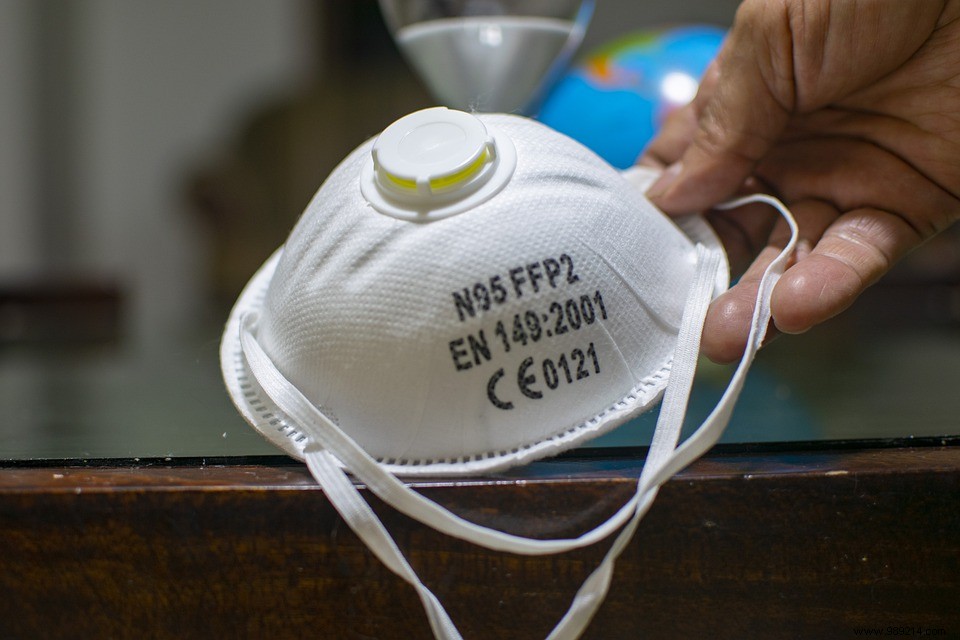Since the start of confinement in France, employees of wastewater treatment plants have been faithful to their jobs. However, a survey reveals that their working conditions are difficult. Employees do not have protective masks and are not informed of the risks of contamination.
Water treatment could be considered a vital sector . Indeed, drinking water is quite simply essential to human life. Since the confinement in France, workers at wastewater treatment plants have faced difficult conditions, as explained in a survey published by Reporterre April 20, 2020. While most of the population is in confinement, station agents and technicians are at their posts. For them, the fact of being mobilized is a small concern in the face of not receiving any information on the risks of contamination.
You should know that Covid-19 can be present in stools, stools which then end up in 21,474 wastewater treatment plants from the country. For the time being, it is impossible to know the survivability of Covid-19 in wastewater. Nothing either with regard to the potential risks of contamination. The fact is that no studies have been done yet.
The people in charge of the stations received recommendations by e-mail. This includes avoiding human contact by limiting maintenance work. On the other hand, it is also a question of wearing protective equipment, such as FFP2 masks. However, these masks are almost impossible to obtain at the moment. In Colmar, for example, the city station has been waiting for its order of FFP2 masks for more than a month. In the meantime, employees use expired masks dating back to the 2009 H1N1 flu epidemic! Nevertheless, the latter are among the luckiest since in general workers have to do with a total absence of masks.
Furthermore, station employees did not wait for the coronavirus to pay attention to illnesses. Indeed, staff working in sanitation are usually more exposed to respiratory syndromes, flu-like and gastrointestinal. Indeed, the micro-organisms responsible for these diseases are present in these waters. Thus, it seems logical that the uncertainty around Covid-19 is difficult to bear.

Finally, the workers face another problem. It should be remembered that wastewater passes through screen filters before arriving at the stations. However, wipes , used more during confinement, clog the filters even more often than usual. Thus, it is incumbent to clean them once a week instead of once every two weeks in normal times.
The risk of contamination is then increased since the absence of masks is combined with the fact that employees must remove their gloves – too thick – in order to catch the wipes to remove them from the filters. These professionals deplore in passing that, despite the communication on the subject, people continue to evacuate their wipes in the toilets.